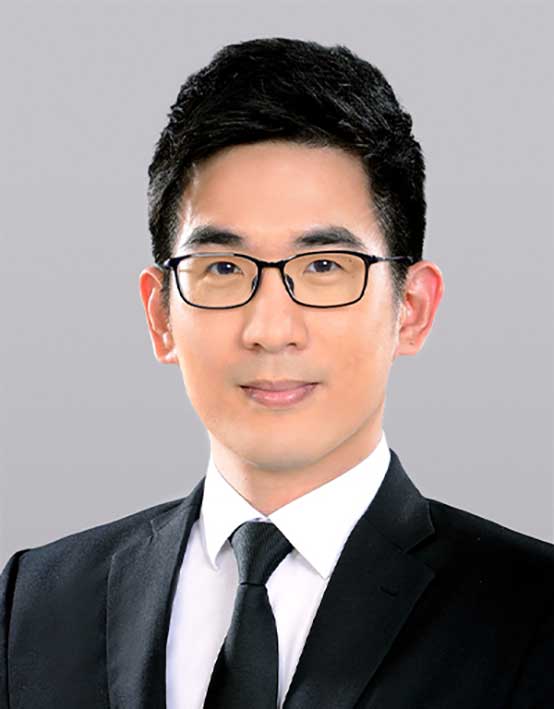It can seem to some people that the legal system tends to favour mothers rather than fathers when it comes to deciding on matters of child custody, care and control. As this is a common area of contention in divorce cases, this article explores some of these concerns about bias when it comes to fathers and custody rights in divorce cases.
Child custody
The term ‘child custody’ means the right a parent has to make significant decisions for their children. These might include healthcare and treatment decisions, issues about education and also religion. Courts try to recognise the importance of the role that each parent plays in the life of their child. They understand that joint parenting is vital and is a principle that should be preserved at all costs.
The case of CX v CY [2005] demonstrates this principle in operation. Often, a Court will make either a joint custody order, or no order at all. Only in very rare circumstances will they order sole custody. This should give peace of mind to any fathers who believe the courts are biased against them.
Care and control of children
Once matters of custody have been decided, the Court must then rule on which parent should have care and control over the child or children. This simply means giving authority and responsibility to a parent to have control over their child’s everyday life and decisions relating to it. That parent will also have the child live with them too, usually.
Many people believe that the default position is to give the mother care and control. They think this is because most cases seem to award the mother this right. However, looking more closely at case law in Singapore shows no discrimination against fathers. The most important factor the courts use to decide on who gets care and control is the welfare of the child. This is stated in law, in section 3 of the Guardianship of Infants Act, as well as section 125(2) of the Women’s Charter.
The child’s welfare takes precedence over all other concerns whenever a Court must decide on issues relating to the child. This is known as the welfare principle. However, this can be difficult to do due to the fact that most children have two parents who love the child equally.
The case of Tan Siew Kee v Chua Ah Boey [1987] demonstrated that the term ‘welfare’ will be interpreted in its widest sense. Welfare, therefore, means more than simply monetary terms. It encompasses the child’s general wellbeing as well as aspects of the moral, physical and religious upbringing. Their comfort, security and overall happiness will be evaluated too. Clearly, a loving parent in a stable home will be a good situation in which to encourage such happiness and security.
The welfare principle requires the Court to consider not only the child’s wishes, dependency on a parent, and availability to care for the child, but also two other factors which we will now explore.
Which parent offers most stability and security to the child?
Although financial support is taken seriously by the Court, they will give more weight to which parent can offer the most stable and secure environment for the child. The children and the parent must have security at home, and the parent must show they have a suitable amount of time to devote to the children. Continuing to reside in the marital home is usually an advantage as it is the primary residence of most children and therefore one they are already comfortable with.
It is true that in most cases in Singapore, the mother is the primary caregiver. This means that, when there are young children involved, they tend to be more dependant on their mother than their father, and so it is the mother who is more likely to be given care and control. This doesn’t mean things are weighted against fathers, it simply means that the court will examine the individual facts of each case to decide what’s in the child’s best interests.
Continuity of Care arrangement
The Court is very aware that changing the child’s living arrangements, especially at a young age, can be very disruptive and upsetting for them. They will therefore try to keep the child’s current living arrangements as they currently are, especially if the children are happy there.
In making this calculation, the Court will examine what the arrangement was before the divorce happened – who was the primary caregiver then? The child is likely to be closer and more dependent on that parent. They Court will also look at any alterations that would be required to the child’s routine and education, were care and control to be handed to just one parent.
It is always advisable for you to speak to a specialist family lawyer if you are divorcing, especially if there are children involved.

